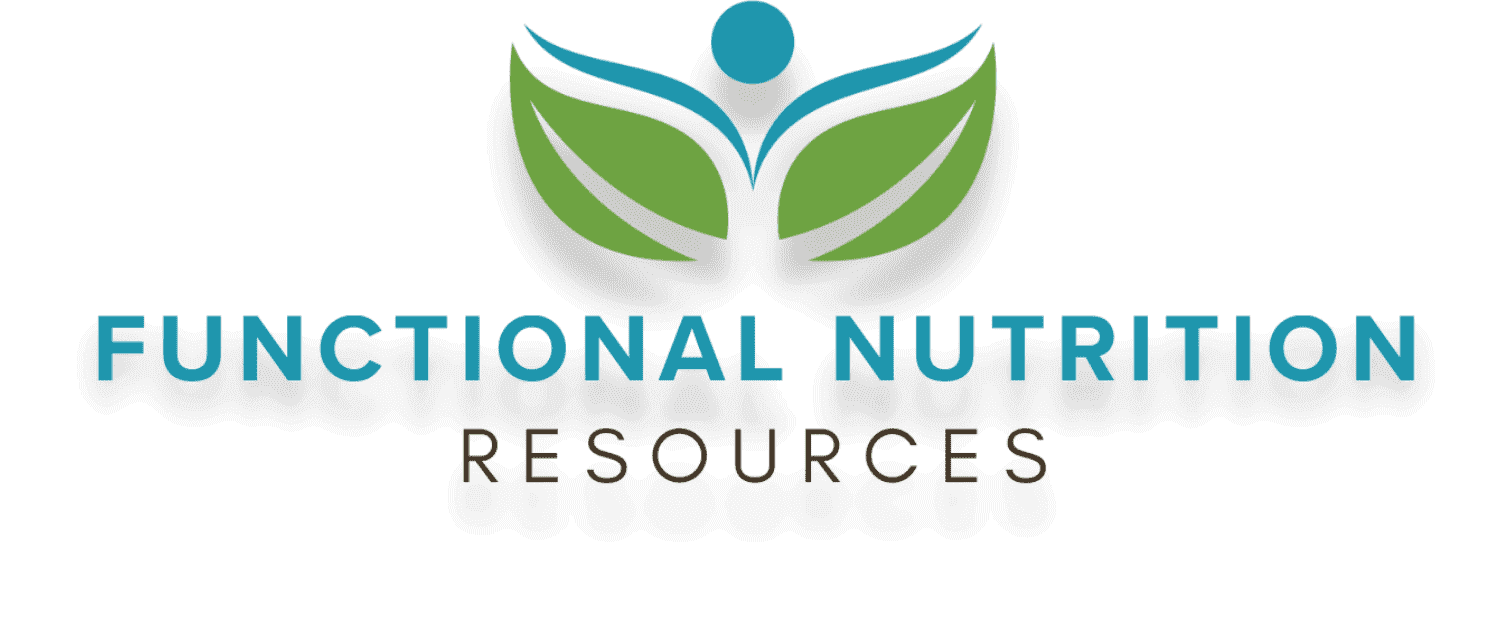The thyroid gland is a small but important organ located in the neck, responsible for regulating various metabolic processes in the body. When it’s not functioning properly, you’ll likely feel tired and notice it’s harder to manage your weight. Serious thyroid conditions may even lead to cancer or infertility.
Thyroid conditions can range from mild to severe, with varying degrees of symptoms and potential complications. In this article, we will explore various types of mild and serious thyroid conditions, rank them according to their severity and potential complications, and offer functional medicine tips for managing thyroid issues.
Common Types of Thyroid Conditions and Their Severity
Hypothyroidism
Thyroid conditions encompass a spectrum of disorders that can range from mild to severe in terms of severity and symptoms. One common thyroid condition is hypothyroidism, which can manifest with symptoms such as fatigue, weight gain, cold intolerance, dry skin, hair loss, constipation, depression, and brain fog. If left untreated, hypothyroidism can give rise to more serious complications, including cardiovascular issues, infertility, and severe mental health concerns.
Hyperthyroidism
On the opposite end of the spectrum lies hyperthyroidism, characterized by symptoms such as a rapid heart rate, weight loss, anxiety, tremors, sweating, heat intolerance, and sleep disturbances. Hyperthyroidism can lead to a different set of complications, including heart problems, osteoporosis, and even thyroid storm, a life-threatening condition demanding immediate medical attention. Left unaddressed, this thyroid condition can be serious.
Hashimoto’s Thyroiditis
Hashimoto’s thyroiditis is another thyroid condition whose severity can vary. It shares symptoms with hypothyroidism but may additionally present throat discomfort and an enlarged thyroid known as a goiter. Over time, Hashimoto’s can progress to hypothyroidism and its associated complications.
Graves’ Disease
Graves’ disease, like hyperthyroidism, exhibits symptoms such as a rapid heart rate, but it may also include eye problems known as Graves’ ophthalmopathy and skin changes called Graves’ dermopathy. Complications of Graves’ disease can be severe and extend to eye problems, heart issues, and the risk of osteoporosis.
Thyroid Nodules and Thyroid Cancer
Thyroid nodules, while often asymptomatic, can have variable severity depending on whether they are benign or cancerous. These can be very serious thyroid conditions. Some individuals may experience symptoms such as difficulty swallowing, hoarseness, or a visible lump in the neck. In cases where thyroid nodules are cancerous (thyroid cancer), early diagnosis and prompt treatment are essential.
Potential Complications of Thyroid Conditions
Potential complications vary but can include cardiovascular issues, bone health problems, fertility concerns, and life-threatening thyroid storms. Now let’s discuss the importance of early thyroid testing and five functional medicine tips to help manage thyroid issues.
Concerned about Whether Your Thyroid Condition is Serious? Get Tested Early
If you suspect serious thyroid conditions or have identifiable risk factors, such as a family history of thyroid disorders, it is imperative to take proactive steps toward early testing and evaluation. The thyroid gland plays a pivotal role in regulating numerous vital bodily functions, and any disruption in its functioning can have significant repercussions on your overall health and well-being. Fortunately, there are diagnostic tests available that can offer valuable insights into the health of your thyroid gland.
One of the primary diagnostic tools for assessing thyroid function is a series of blood tests, collectively referred to as thyroid function tests. These tests typically include measuring levels of specific hormones produced by the thyroid gland, such as Thyroid-Stimulating Hormone (TSH), Triiodothyronine (T3), and Thyroxine (T4). Each of these hormones plays a unique role in thyroid regulation, and their levels can provide critical information about your thyroid health.
4 Functional Medicine Tips for Addressing Thyroid Conditions
Whether or not your thyroid condition is serious, it’s important to take the right steps to take care of this vital organ. Sometimes you don’t need medication or surgery to feel better. Simple, natural remedies can go a long way. Consult with the team at Functional Nutrition Resources to see what steps are best for you.
Diet and Nutrition
Maintaining a healthy diet is crucial for supporting thyroid function. Focus on a balanced diet that provides essential nutrients such as iodine, selenium, and zinc, which are vital for proper thyroid hormone production and regulation. These nutrients can be found in foods such as seafood, nuts, seeds, and dairy products. Additionally, consider adopting an anti-inflammatory diet, especially if you have conditions such as Hashimoto’s thyroiditis. An anti-inflammatory diet can help reduce autoimmune responses and inflammation in the thyroid gland, potentially alleviating symptoms and slowing disease progression.
Stress Management
Chronic stress can exacerbate thyroid conditions by affecting hormone levels and immune function. To mitigate the impact of stress on your thyroid health, incorporate stress management techniques into your daily routine. Practices such as meditation, yoga, or deep breathing exercises can help reduce stress, promote relaxation, and support overall well-being. By managing stress effectively, you can create a more favorable environment for your thyroid gland to function optimally.
Sleep Hygiene
Prioritizing quality sleep is essential for maintaining thyroid health and overall wellness. Sleep plays a crucial role in hormone regulation, including thyroid hormones. It can even allow the body to heal itself, thus avoiding a more serious thyroid condition. Aim for a consistent sleep schedule, create a comfortable sleep environment, and practice good sleep hygiene habits to ensure restorative and uninterrupted sleep. By getting sufficient and high-quality sleep, you can support your thyroid function and improve your overall health.
Nutritional Supplements
In some cases, nutritional supplements may be beneficial for individuals with thyroid conditions. However, it’s essential to consult a healthcare provider or a functional medicine practitioner before starting any supplementation regimen. They can assess your specific condition and recommend appropriate supplements, such as vitamin D, B vitamins, or omega-3 fatty acids, if necessary. Supplementing intelligently and under professional guidance can complement your thyroid treatment plan and enhance your overall well-being.
Let Us Help Determine if Your Thyroid Condition is Serious
Incorporating these functional medicine tips into your daily life can play a significant role in managing serious thyroid conditions and issues effectively. However, it’s essential to remember that thyroid conditions are complex, and what works best for one person may not be suitable for another.
Your health is unique, which is why you need a wellness plan developed specifically for you. When you work with Functional Nutrition Resources, we conduct extensive testing and talk to you about your goals. This is much better than one-size-fits-all solutions you might find elsewhere.

